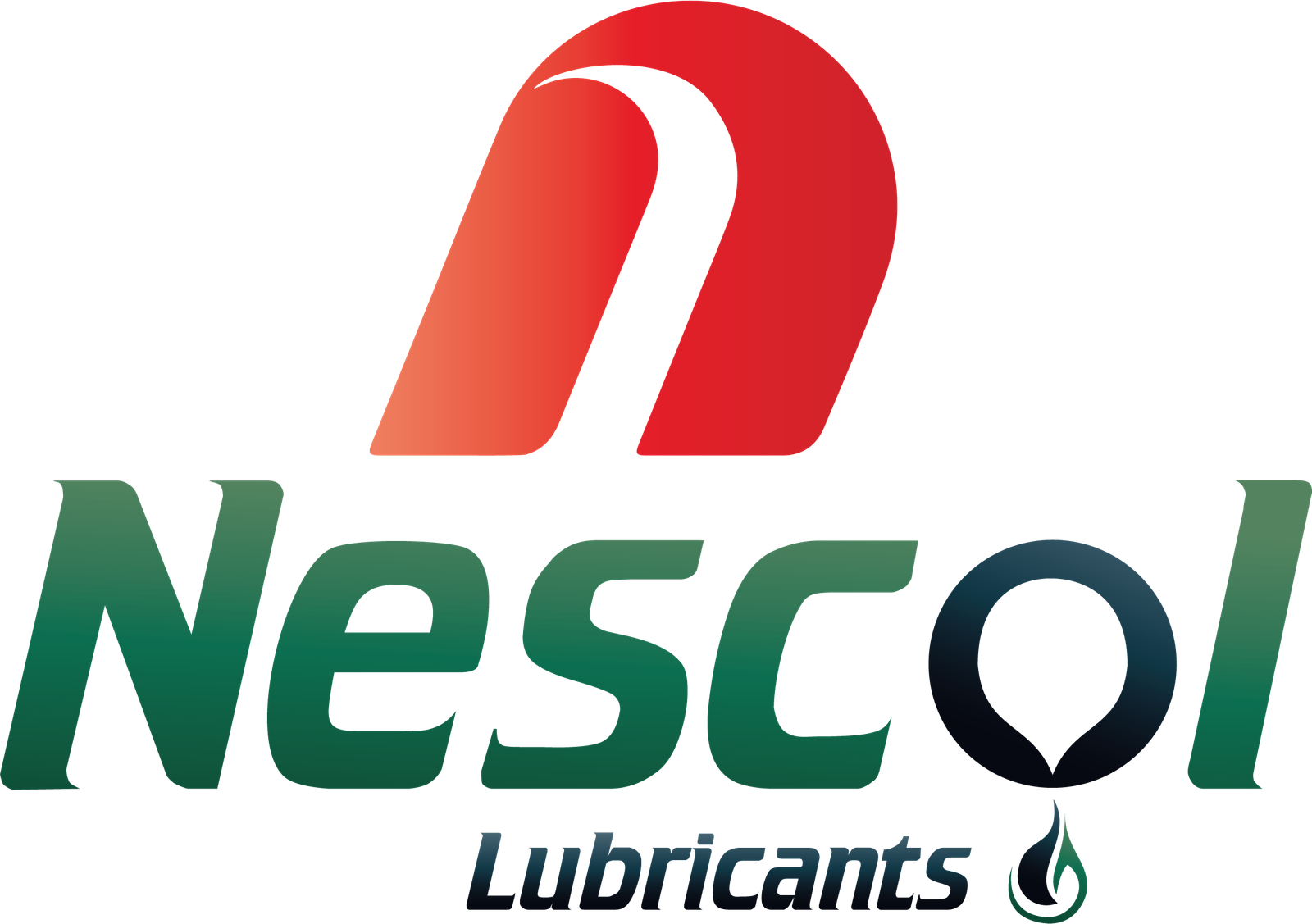Nescol Group 2 Base Oil
Experience the Power of Performance with Nescol Group 2 Base Oil – Your Eco-friendly Lubrication Solution!
- Home
- Group 2 Base Oil
Let’s Start Work
Together
Please feel free to contact us. We will get back to you with 1-2 business days. Or just call us now.
Nescol Group 2 Base Oil: A Comprehensive Guide
The Nescol Group 2 Base Oil is a high-quality lubricating oil that has gained significant attention in recent years due to its excellent performance in various applications. This article aims to provide a detailed overview of Nescol Group 2 Base Oil, including its properties, applications, and advantages. We will also discuss the production process, environmental impact, and future prospects of this versatile lubricant.

Nescol Group 2 Base Oil Advantages
Nescol Group 2 Base Oil Properties
- Viscosity: Nescol Group 2 Base Oil has a viscosity range of 150 to 400 centistokes (cSt) at 100°C, making it suitable for a wide range of applications.
- Oxidative Stability: Due to the refining process and the presence of specific additives, Nescol Group 2 Base Oil exhibits excellent oxidative stability, ensuring a longer service life and reduced wear on machinery.
- Thermal Stability: The thermal stability of Nescol Group 2 Base Oil allows it to resist breakdown and maintain its viscosity even under high-temperature conditions.
- Pour Point: The pour point of Nescol Group 2 Base Oil is typically around -20°C, ensuring smooth operation in cold environments.
- Compatibility: Nescol Group 2 Base Oil is highly compatible with various additives and other base oils, allowing for the formulation of high-performance lubricants.
Nescol Group 2 Base Oil
Nescol Group 2 Base Oil Production Process
- Desaphoning: The removal of water, asphaltic, and other impurities from crude oil.
- De-salting: The elimination of dissolved salts from the crude oil using an electrostatic precipitator.
- Clarification: The removal of residual impurities through filtration and settling.
- Hydrocracking: A catalytic process that breaks down heavy hydrocarbon molecules into lighter, more desirable molecules.
- Hydrotreating: A process that involves the removal of impurities such as sulfur, nitrogen, and metals through hydrogenation.
- Blending and Additization: The addition of specific additives to enhance the performance characteristics of the base oil.
Environmental Impact and Sustainability
Conclusion and Future Outlook
Nescol Group 2 Base Oil, a versatile and high-performance eco-lubricant, meets growing demands. Its relevance in industries increases due to advancements in refining technology and new additives. Offering numerous benefits, it is preferred by industries for efficient, cost-effective, and sustainable lubrication. As technology and environmental concerns progress, Nescol Group 2 Base Oil’s future in the lubrication industry looks promising.
